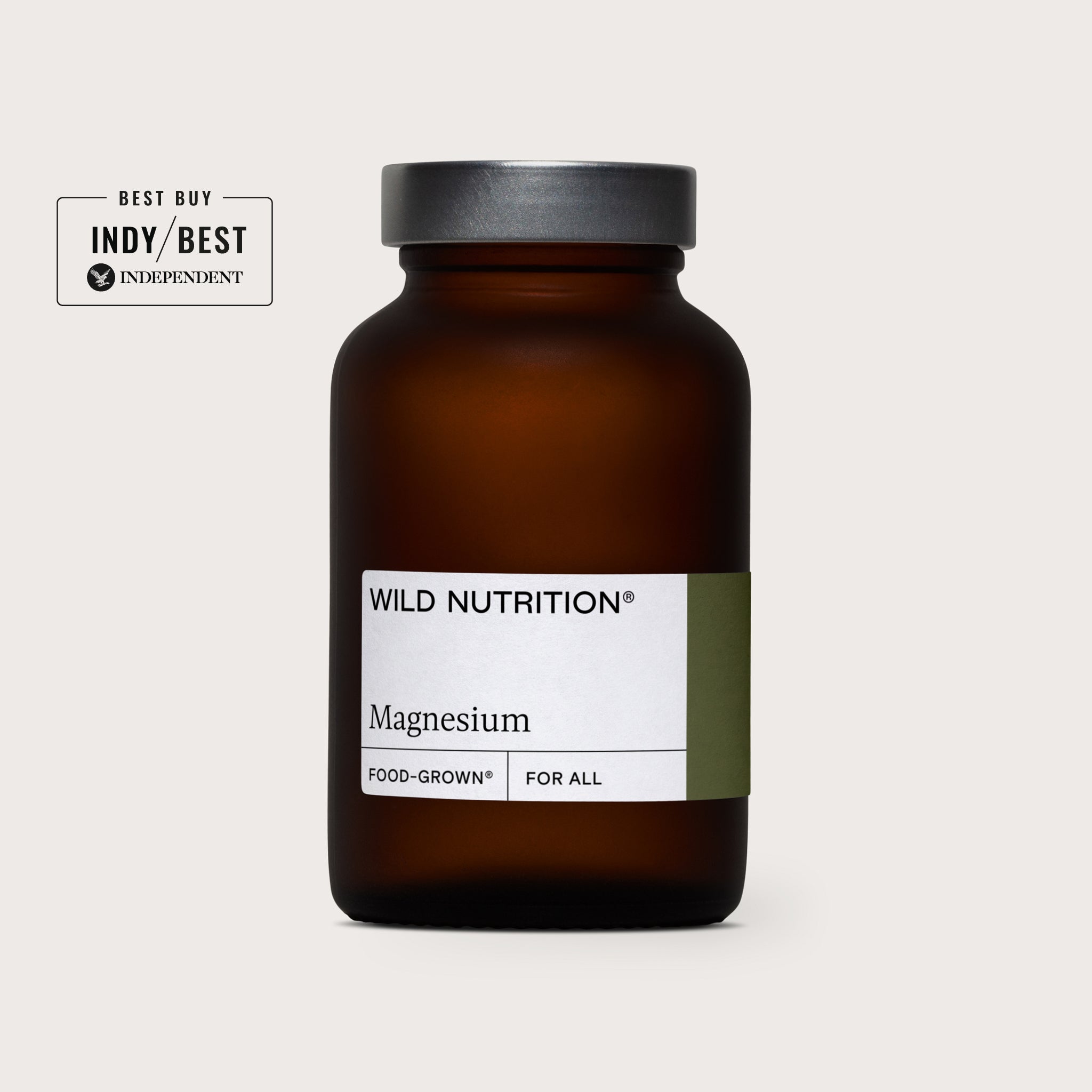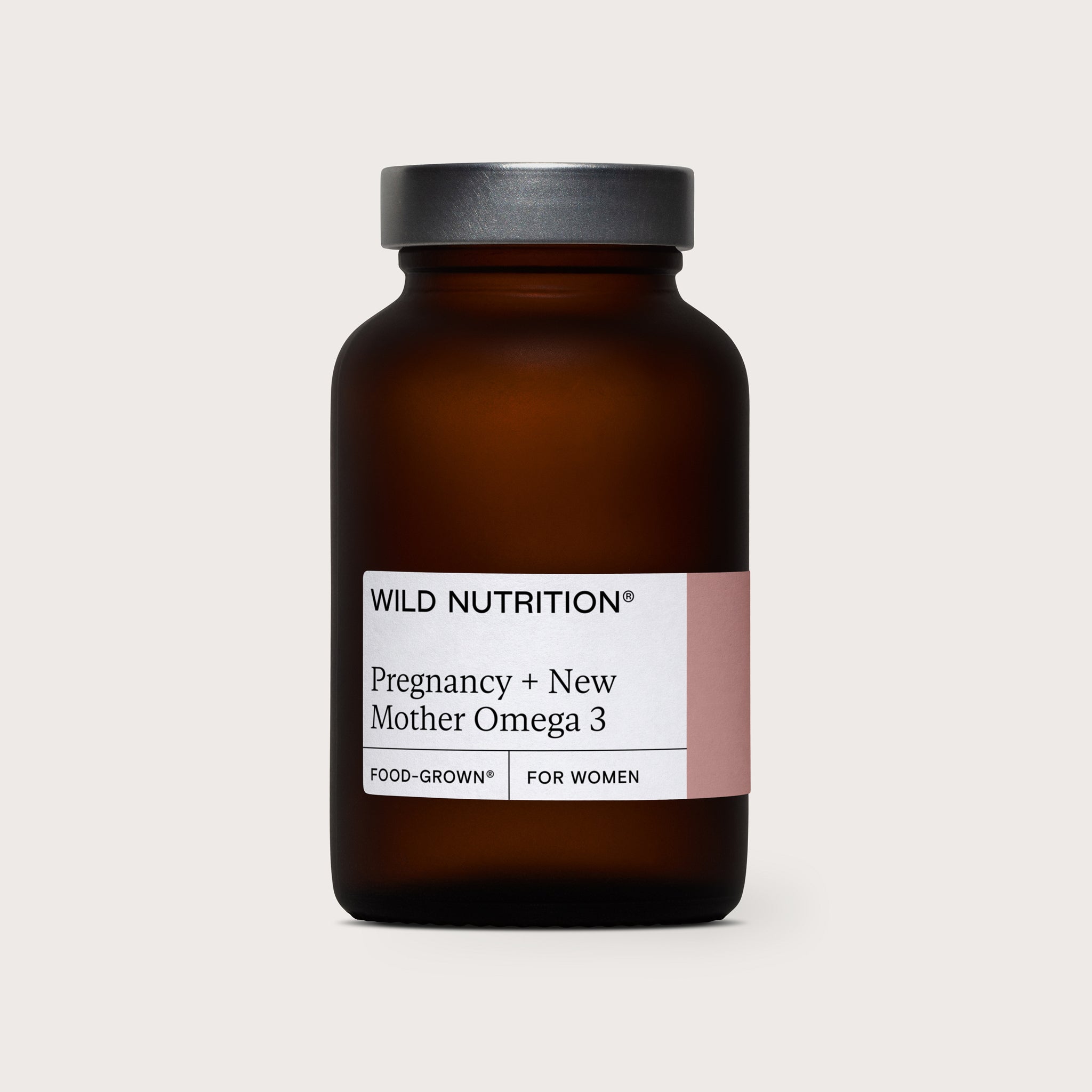
Autumnal equinox: 6 ways to flourish this season
The leaves are turning, the blackberries have almost been and gone, the walks with our dog Minnie are getting muddier, wetter, windier; Autumn has arrived and I personally feel ready to embrace this humbler season after the high-octane energy of summer.
The leaves are turning, the blackberries have almost been and gone, the walks with our dog, Minnie, are getting muddier, wetter, windier; autumn has arrived, and I personally feel ready to embrace this humbler season after the high-octane energy of summer.
As I have written before, autumn is my favourite season, perhaps because I am October-born or, more likely, simply because it is the opportunity to harvest cosiness in all areas of our lives. To gather and prepare for the slower, colder months ahead, by picking seasonal fare such as blackberries and apples, cooking squashes and carrots into root soups to share with family and friends, digging out the warmer coats or lighting an evening fire and diving into a book or a new adventure series.
Here are my top tips on flourishing in this season of cosiness...
1. Batch cook
Slow cooking chunky soups and stews can save an enormous amount of practical and mental time. In our house, we roast an organic, locally-sourced chicken every week, using the carcass to make stock and the leftover meat for meals the following week. Freeze your batch cook delights in small portions for wholesome, ready-made meals for lunch or supper – just add a side of steamed vegetables or salad of seasonal leaves.
2. Nourish your mind
Inadequate magnesium and zinc appear to reduce serotonin levels, and recent research has highlighted the mood-supporting benefits of Zinc, even in treatment-resistant mild depression. Build in Magnesium and zinc-rich delights into your daily feast, such as poultry, lamb and game, oats, millet, pumpkin seeds, almonds, chard and spinach. As 70% of Western women are estimated to be deficient in Magnesium, you may also choose to supplement your diet.
3. See the colour in each day
Build in colour with a mix of seasonal fruit, as well as vegetables such as squashes, beetroot and carrots, which are rich in phytonutrients and antioxidants such as Vitamin C or anthocyanidins for circulatory and immune health.
4. Add some spice
Use plenty of warming herbs and spices in soups and stews to support circulation and to support for the immune system. Ginger, rosemary, black pepper, garlic, horseradish, cayenne pepper, turmeric and cumin are all nourishing – especially if you feel under the weather.
5. Find immune strength in berries
Berries are abundant at this time of year and pack a powerful seasonal punch. Blackberries are rich in phytonutrients called anthocyanidins, which can support the fight against bacterial, viral and fungal infections. They have also been shown to support the body’s balance of blood sugar and, thereby, energy and weight. They also have a mild anti-inflammatory effect that can have a positive impact on aching joints or chapped winter skin. When ripe, they are an excellent source of Vitamin C too. Get foraging and store in the freezer for warming compotes, crumbles or pockets of colour in your morning porridge.
6. Make time for movement
Darker mornings and poorer weather can be off-putting, and we may feel less inclined to jump out of bed for a run, but your current regime need not fall to the wayside - just make some simple changes. Be mindful of energy and not over-training, especially when reduced energy may compromise the immune system. Think about slower, more restorative exercise, such as yoga or wrapping up and going on a bracing walk.
And, of course, don’t forget about Vitamin D. Only 10% comes from food, which means the rest is required from consistent sunlight or via supplementation. Vitamin D deficiency is linked to poor immunity and seasonal mood-related issues.
Happy autumn to you all. I hope you enjoy it as much as I will.
With warmth,
Henrietta












